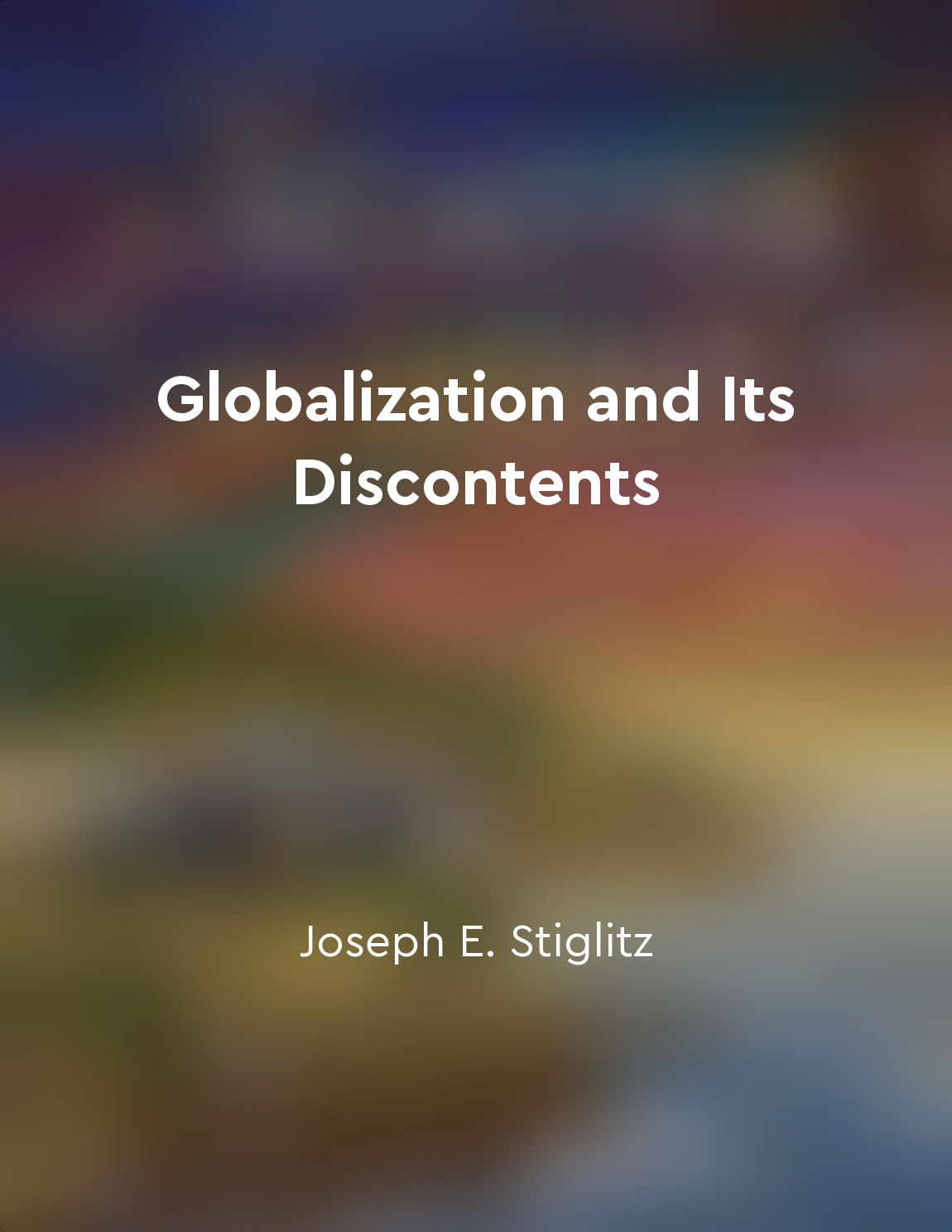Centering marginalized voices is crucial from "summary" of I'm Still Here by Austin Channing Brown
Centering marginalized voices is crucial in our society. It is essential to listen to those who have been pushed to the margins, silenced, and ignored. When we prioritize these voices, we are acknowledging the full humanity and dignity of every individual. We are recognizing that everyone has a story to tell, a perspective to share, and a valuable contribution to make. By centering marginalized voices, we are challenging the status quo and disrupting systems of oppression. We are actively working to dismantle the structures that have perpetuated inequality and injustice. We are creating space for diverse experiences and narratives to be heard and validated. This is not just about diversity for the sake of appearances, but about true inclusivity and equity. When we center marginalized voices, we are learning from those who have lived through discrimination, prejudice, and marginalization. We are gaining insights that can help us create a more just and compassionate society. We are expanding our understanding of the world and our place in it. We are building empathy and solidarity across different identities and lived experiences. It is not enough to simply invite marginalized voices to the table; we must actively listen to them, amplify them, and follow their lead. We must be willing to confront our own biases and privileges, and to do the work of unlearning harmful beliefs and behaviors. We must be committed to creating a more inclusive and equitable world for all. Centering marginalized voices is not just a nice gesture or a trendy buzzword. It is a moral imperative and a strategic necessity. It is about building a more just and equitable society for everyone, where every voice is valued and every person is seen and heard. It is about recognizing the humanity and dignity of all individuals, and working together to create a better world for future generations.Similar Posts
Memories shape our sense of self
In the fabric of our being, memories thread together to create the intricate tapestry of our sense of self. These memories, whe...
Oppression dehumanizes both oppressed and oppressor
Oppression has a profound impact on both the oppressed and the oppressor, stripping them of their humanity and reducing them to...
The personal is political for women seeking justice
In considering the plight of women seeking justice, it becomes evident that their personal experiences are inherently linked to...
The struggle of cultural assimilation is real
The idea that cultural assimilation can be a challenging and often painful experience is a recurring theme in Chimamanda Ngozi ...
Racial segregation persisted long after slavery
The legacy of slavery in America did not end with the Emancipation Proclamation. Even after the chains of bondage were broken, ...
Language barrier complicates communication
Communication can often be a tricky business, even in the best of circumstances. Throw in a language barrier, and things can ge...
The fear of violence is a constant presence in the lives of black people
Throughout the pages of 'Between the World and Me,' the narrative is saturated with the palpable dread that black individuals e...

Economic policies should prioritize the wellbeing of all people, not just a select few
The core principle that should guide economic policies is the wellbeing of all individuals, rather than benefiting only a privi...
Discrimination affects individuals' access to resources
The impact of discrimination on individuals' ability to access resources is a critical issue that affects many aspects of their...

Stereotypes harm marginalized communities
Stereotypes are not just harmless assumptions or casual jokes. They have real consequences, especially for marginalized communi...

